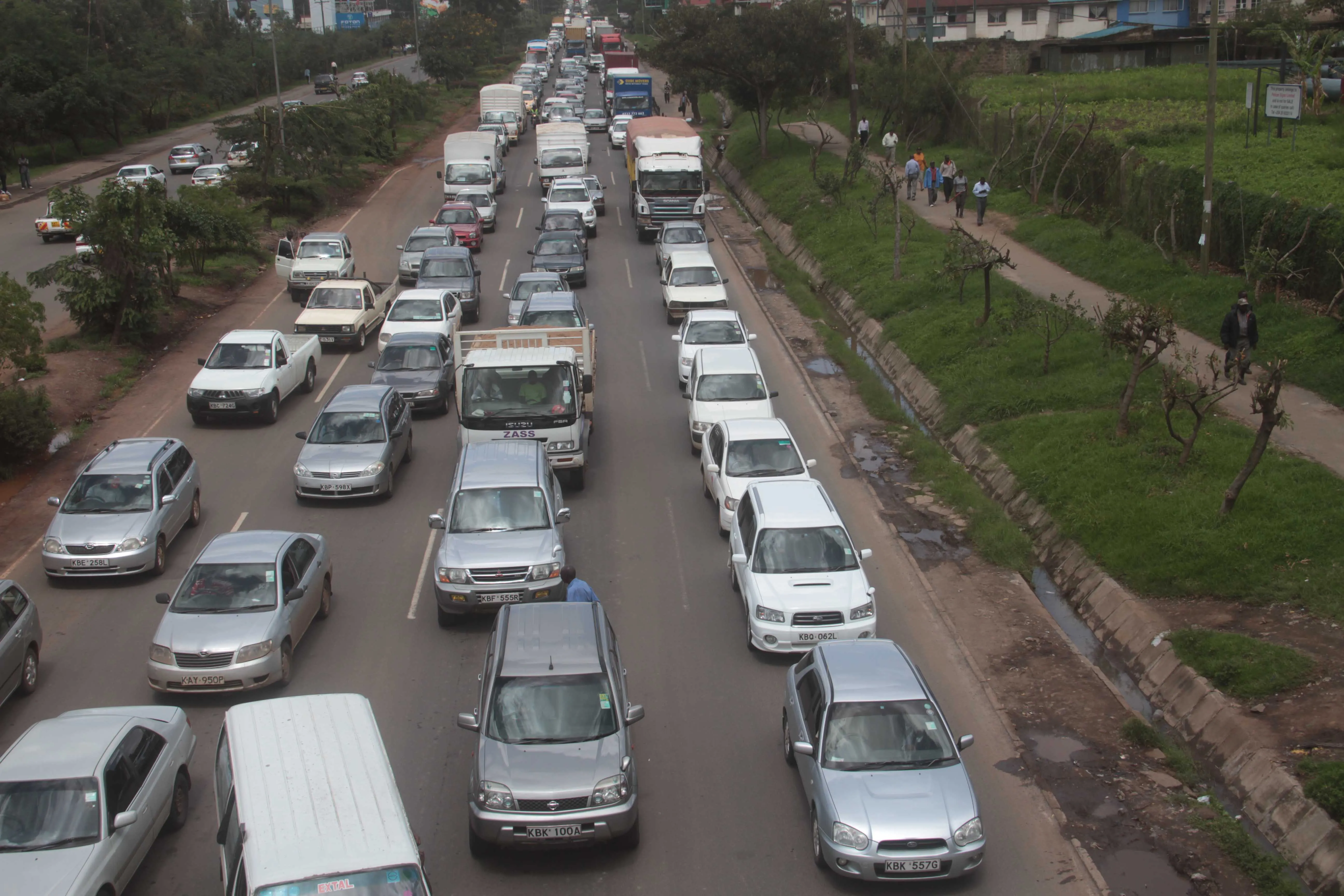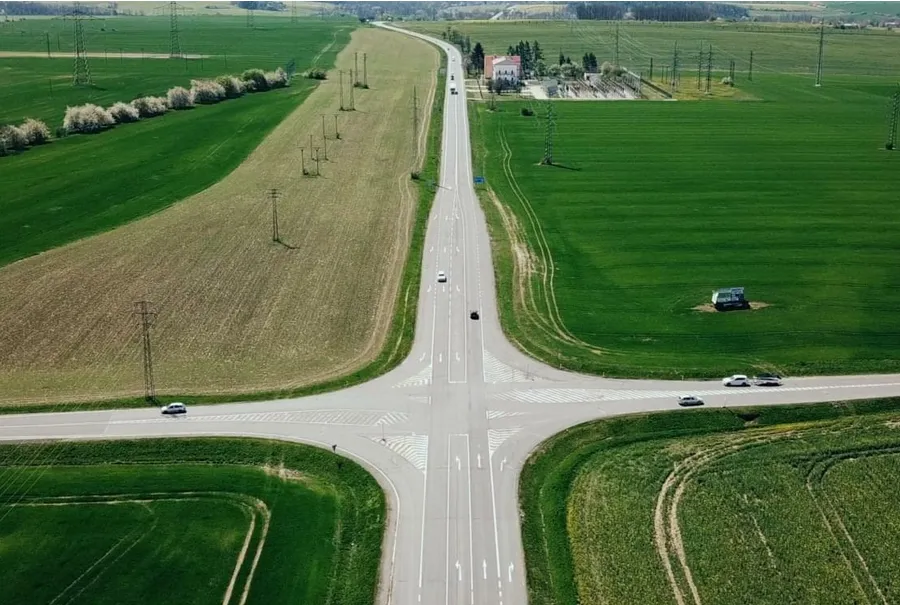
A Chinese contractor is carrying out a major road project intended to cut congestion in Kenyan capital Nairobi – Shem Oirere writes
Chinese contractor
KeNHA director general Peter Mundinia announced the China Wu Yi contract in mid-July. It entails reconstruction and expanding of the 25.2km James Gichuru Junction Road to Rironi on the A8 Highway.
The road will be widened to 10.5m to accommodate six lanes, three on each of the dual carriageway which currently the bank says has a pavement structure that is in an "advanced state of deterioration due to exhaustion of service life with inadequate facilities for non-motorised traffic crossing highway.”
The existing pavement will be reconstructed along the 25km stretch. The contractor will also construct 44km of service roads that will be 6m wide, as well as a 3.4m wide non-motorised lane on either side of the road to boost road user safety, according to Mundinia.
He said 16km of collector roads will be upgraded to paved standards to “provide connectivity to communities living adjacent to the project road”.
China Wu Yi will also construct 13 bridges at interchange locations, 21 pedestrian overpasses and five underpasses in addition to installation of street lights along the 25km project road.
“The project is expected to ease traffic flow into and out of Nairobi city and is one of three major projects earmarked to decongest the city along the Northern Corridor Alignment,” he said. The Northern Corridor is the main transport backbone for Eastern Africa that links the eastern region of the Democratic Republic of Congo, Rwanda, Uganda, Burundi, Tanzania and South Sudan to the port of Mombasa.
When the road project is completed in 36 months, travelling time within the improved highways stretch will fall by at least 30% while vehicle operating costs will reduce by 25% according to the bank’s estimates.
The bank says the project will also help to “increase capacity of the urban road network, rationalise the use of scarce road space, and improve traffic flows and reduce traffic accidents along the key road artery, partly caused by heavy vehicles travelling to and from the port of Mombasa”.
“The project will help promote the development of Nairobi‘s economy, focusing on satisfying the transportation demands going in and out of the city, including proper management of trucks in the city,” the bank said.
The project is the second by the World Bank to decongest Nairobi, whose vehicle numbers have more than doubled since 2012 to 700,000, according to Nairobi mayor Evans Kidero. An earlier $665 million Nairobi urban toll road project, which would have seen seven road sections totalling 106km within the city put out to concession, was cancelled after the bank withdrew financing.
Some of the road sections had been earmarked for rehabilitation of the existing two-lane single carriageways, while one section would have been upgraded to a four-lane dual carriageway under a contract by a consortium of
A study by BKS Group of South Africa, an international consultancy, found the concessioning of the road sections viable with the bank at the time saying “given the assumed traffic levels, calculations show that the estimated project costs can be recovered at acceptable toll rates”.
Kenya terminated the ambitious project saying with the withdrawal of the World Bank, it was not willing to continue the project as then structured despite Strabag saying in a statement “the issues that were raised during the compliance review by the World Bank only relate to internal processes and procedures and have been addressed already in December 2010 and hence there are no open issues left to be negotiated”.
Former roads minister Franklin Bett said Kenya’s view was that “the concession project, as conceived by through participation of the consortium, is currently not feasible”.
"In view of the foregoing the project, as envisaged through the consortium has regrettably collapsed,” he said.
The bank later committed to financing the decongestion of Nairobi city “through any other feasible form of contract, either as a concession, or as a conventional public sector project". This now includes support of the first phase of the National Urban Transport Improvement Project implemented by KeNHA.
The bank says the phase entails constructing and rehabilitating non-motorised transport facilities, including foot paths, cycle tracks, pedestrian bridges and underpasses. It also includes carrying out feasibility and detailed engineering design studies of roads adjoining major towns, including Nairobi, and studies for improvement of traffic flows through provision of technical advisory services. This will substantially increase Nairobi’s road capacity.






